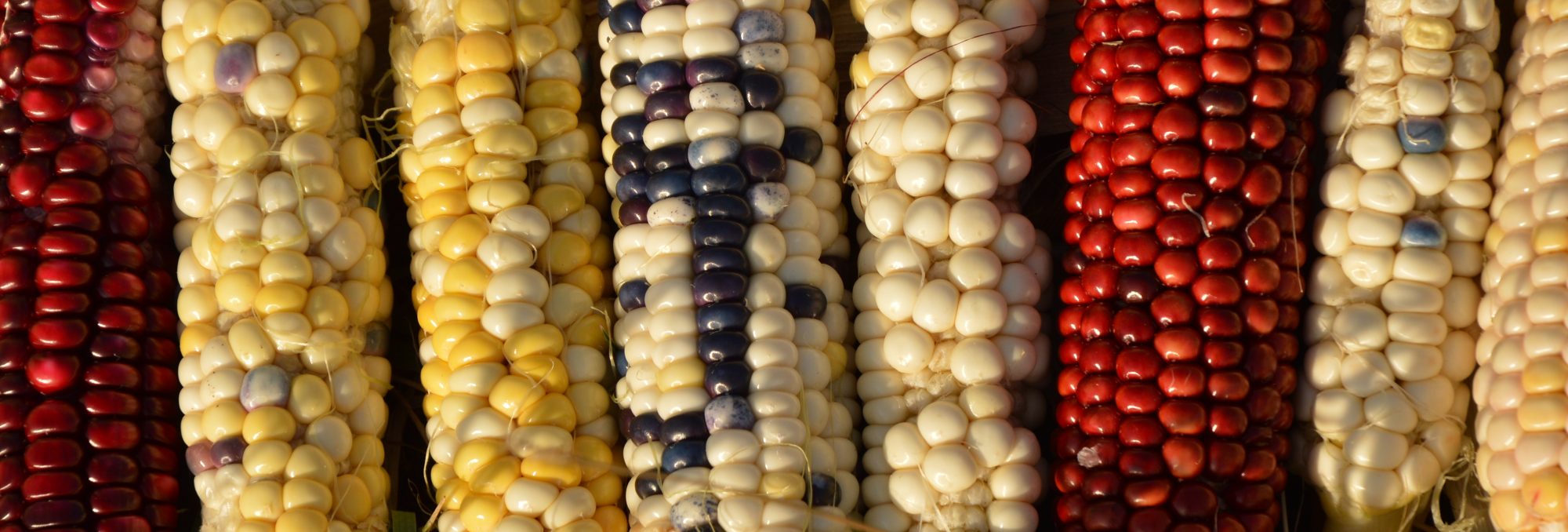Victories in the fight against the deregulation of GMOs in Italy and France

Brussels, the 20th of January 2021
On Wednesday 13 January, there was a major mobilisation in Italy against four seed regulation decrees that would have allowed field tests to be carried out using plant varieties obtained through new genetic modification techniques. Despite being a GMO-free country for 20 years, Italy has recently been under a lot of pressure from the private sector to position itself in favour of the so-called “New Breeding Techniques” (NBTs).
Farmers’ organisations, the organic sector, and environmental and consumer organisations1 have mobilised against this unacceptable and illegitimate opening of Italian agriculture to new GMOs. They underlined that these new techniques of genetic modification do fall within the scope of European legislation on GMOs, without exception or derogation, as confirmed by a ruling of the European Court of Justice in 2018.
The vote, although non-binding, would have had disastrous consequences for all farmers in Italy, something which the mobilisation was able to prevent. Indeed, these decrees would have allowed the irreversible release of GMO varieties, endangering farmers’ rights to seeds, which are guaranteed by the United Nations Declaration on the Rights of Peasants (UNDROP), adopted in 2018.
The Agriculture Committee of the Italian Senate had already voted in favour of these proposals on 28 December 2020, but the Agriculture Committee of the Chamber of Deputies were scheduled to vote on the issue on Wednesday 13 January. It is with great satisfaction that ECVC welcomes the conditional opinions voted by the Agricultural Committee of the Chamber. Thanks to the strong mobilisation against these decrees, the following obligations were issued by the Chamber, which the Italian Government will have to respect:
a) The ban on the cultivation of GMOs must be considered as extended, in accordance with the judgment of the Court of Justice of the European Union of 16 July 2018, also to products obtained by “New Breeding techniques” (NBT) or genome editing, given the high risks for the environment and human health.
b) A provision is also introduced to allow farmers to engage in activities such as re-use of seed or exchange of part of the harvest as seed or propagating material. This is a victory in the fight against new GMOs, but also a great step forward for the rights of farmers to freely exchange seeds. The future Minister of Agriculture will be called upon to respect these binding opinions expressed by the Assembly.
In France, the fight against new GMOs has also seen great success. On December 17 2020, the Court f Perpignan acquitted a member of the Faucheurs Volontaires, an organisation that takes action to destroy GMO crops. Despite the denials of the plaintiff – in this case Syngenta who bought Nidera – the judge ruled that the herbicide-tolerant sunflowers that were destroyed were indeed GMOs released without authorisation and growing the plant caused immediate and irreversible damage to the environment. He concluded that the action of the Faucheurs Volontaires was taken on the grounds of necessity. This recognition is a great victory for all the Faucheurs Volontaires and the farmers’ and civil society organisations opposed to GMOs, after more than twenty years of struggle.
Despite this new ruling, the French Minister of Agriculture, Julien de Normandie, declared against all evidence on 7 January that “NBTs are not GMOs”. Let’s hope that this gross mistruth will soon be rejected by parliament, as it was in Italy.
ECVC member organisations must continue to be vigilant because, although these attempts at deregulation have been thwarted for the time being in Italy and the court ruling in favour of the Faucheurs Volontaires is a big step forward, there is no doubt that we must continue the fight in order to guarantee GMO-free European agriculture.
Contacts:
Guy Kastler – ECVC Seed Working Group: +33 603945721 (FR)
Antonio Onorati – Coordination Committee: +39 3408219456 (EN, FR, IT, ES)
1 ACU, AIAB, Altragricoltura Bio, ARI, ASCI, Association Agr.Biodynamica, Civiltà Contadina, Coord. Zero GMO,
Crocevia, Deafal, Égalité, European Consumers, European Coordination Via Campesina, Fair Watch, FederBio,
Firab, Greenpeace, ISDE, Legambiente, Lipu, Navdanya, Pro Natura, Slow Food, Terra!, UNAAPI, WWF.
This post is also available in Español.
